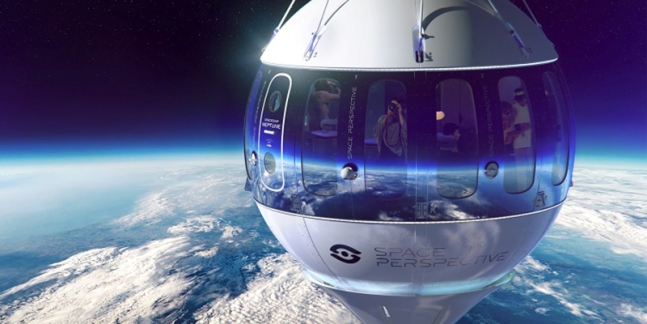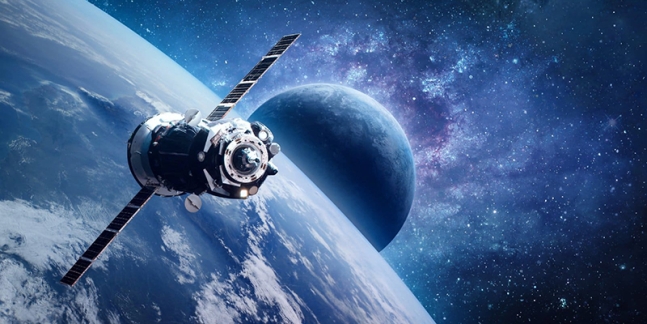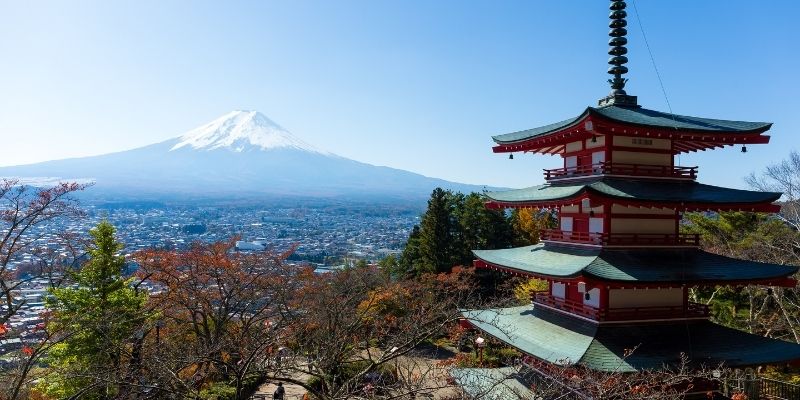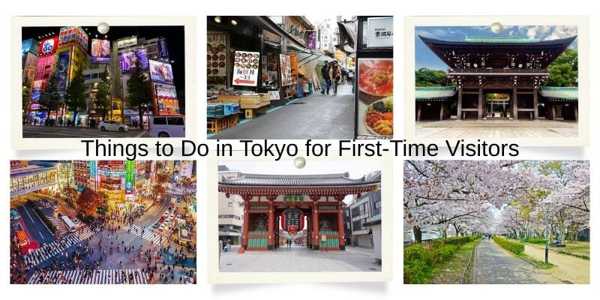Beyond Earth's Horizon: The Spectacular Rise of Space Tourism
Author:Silas Harper
Space tourism is quickly moving from science fiction to reality, offering adventures that go far beyond anything on Earth. Floating above our planet, seeing it from an entirely new perspective, and experiencing weightlessness are transforming the way people think about travel. It’s a bold new chapter for those seeking truly extraordinary journeys.

The New Frontier Opens Its Doors
The space tourism industry has reached a pivotal moment where wealthy adventurers and curious explorers can finally book their tickets to the cosmos.
Companies like Blue Origin, SpaceX, and Virgin Galactic have successfully demonstrated that civilian spaceflight vacations are no longer confined to the pages of imagination.
These pioneering ventures have proven that ordinary people, albeit with extraordinary bank accounts, can experience the ultimate getaway.
Richard Branson's triumphant flight aboard Virgin Galactic's VSS Unity marked a watershed moment, followed by Jeff Bezos's own journey with Blue Origin.
These high-profile launches weren't just publicity stunts; they represented the dawn of commercial cosmic adventures for paying customers. The psychological barrier between professional astronauts and civilian space travellers has effectively crumbled.
Orbital Dreams Taking Shape
Travelling into space is becoming a highlight of space-related entertainment. In contrast to short-lived suborbital hops that provide minutes of weightlessness, orbital missions do provide days or even weeks of real space life.
The Inspiration4 mission by SpaceX demonstrated that a civilian can spend several days in space, orbiting our planet, conducting experiments and enjoying a view of the world as never before.
The International Space Station has become accessible to a broader audience, offering a chance that was inconceivable decades ago.
Axiom Space has already managed to bring paying customers to the ISS, where they discover the real life of an astronaut: sleeping in a sleeping bag on a wall, eating specially cooked space food and watching sunrise and sunset every ninety minutes.
Technology Making Dreams Affordable
Reusable rockets have significantly lowered the cost barrier that previously made space travel the preserve of government agencies.
Falcon 9 rockets by SpaceX are now able to land themselves and fly once more, reducing the cost of launching things by a factor of many thousands.
It is a technological advancement that is making commercial extraterrestrial travel increasingly accessible.
The design of spacecraft has focused on the comfort and safety of its passengers. Days of the cramped, utilitarian Apollo-type capsules are gone.
The current spacecrafts have huge windows to give the best views of the Earth, spacious seating arrangements, and easy-to-use controls that require minimal training for civilian space travellers.
The Suborbital Experience Revolution
Suborbital missions provide a sampling of space without the sophistication and cost of orbital missions. Such spaceflight holidays offer guests a few minutes of weightlessness and breathtaking vistas of the curve of the Earth on the black emptiness of space.
The Virgin Galactic strategy is based on a distinctive air-launch system, whereas the New Shepard rocket of Blue Origin offers a more conventional vertical launch.
The appeal lies in the accessibility; passengers undergo relatively brief training periods rather than months of intensive preparation.
The psychological impact remains profound despite the shorter duration, with many describing the experience as life-changing and perspective-shifting.
Luxury Hotels Among the Stars
Several companies are developing orbital hotels that promise to revolutionise space tourism accommodations. Axiom Space plans to attach a commercial space station module to the ISS, which will eventually detach to form an independent luxury orbital facility. These space hotels will feature amenities designed specifically for the zero-gravity environment, including observation lounges with panoramic Earth views.
Gateway Foundation's ambitious plans include rotating space stations that generate artificial gravity through centrifugal force, allowing guests to walk normally while still experiencing the wonder of space. These facilities would accommodate dozens of tourists simultaneously, making cosmic adventures feel more like traditional vacation experiences.

Training for the Ultimate Adventure
Modern astronaut tourism requires significantly less preparation than professional space missions, but training remains essential. Companies provide condensed programs covering safety procedures, emergency protocols, and basic spacecraft operations.
Physical fitness requirements are surprisingly modest; most healthy adults can qualify for suborbital flights.
The training experience itself becomes part of the adventure. Participants practice weightlessness in parabolic flights, learn to operate spacecraft systems, and undergo centrifuge training to simulate launch forces. These preparatory activities build excitement while ensuring passenger safety and mission success.
Environmental and Ethical Considerations
- The growing space tourism industry faces scrutiny regarding its environmental impact and accessibility.
- Rocket launches produce significant carbon emissions, though companies argue that the per-passenger environmental cost decreases as flight frequency increases and technology improves.
- Some operators are exploring more sustainable propulsion methods, including electric and hydrogen-powered systems.
- Critics question whether extraterrestrial journeys should remain a privilege of the ultra-wealthy while terrestrial problems persist.
Proponents counter that space tourism drives technological advancement and economic growth, which eventually benefits broader society, following the same pattern as early aviation and computing industries.
Looking Toward Tomorrow's Space Adventures
The coming decade promises exciting developments in space travel. Costs are expected to drop as technology improves and competition grows. Moon tourism is already being planned, and concepts like space elevators could one day make orbital travel easier. While Mars tourism is still far off, it may follow as settlements expand. The journey from Earth orbit to lunar and eventually Martian adventures mirrors the evolution of travel on Earth. With advances in technology and lower costs, space is becoming a real destination, offering experiences that were once pure science fiction.
Sources
https://www.virgingalactic.com/news/vss-unity-first-powered-flight https://inspiration4.com/mission
Latest News

How To Book the Japan Rail Pass Without Overpaying Online
December 2, 2025

Top 20 Things To Do In Tokyo For First-Time Visitors
September 26, 2025

Best Budget Airlines for International Travel (2026 Edition)
September 18, 2025

Tips For Travelling Alone: Your Essential Solo Travel Checklist
September 15, 2025

How to Use Reward Points and Miles to Pay for Tours (and Save Big on Travel Costs)
August 27, 2025

How to Choose the Best Adventure Tour Company (Simple Guide for First-Time Travelers)
August 24, 2025